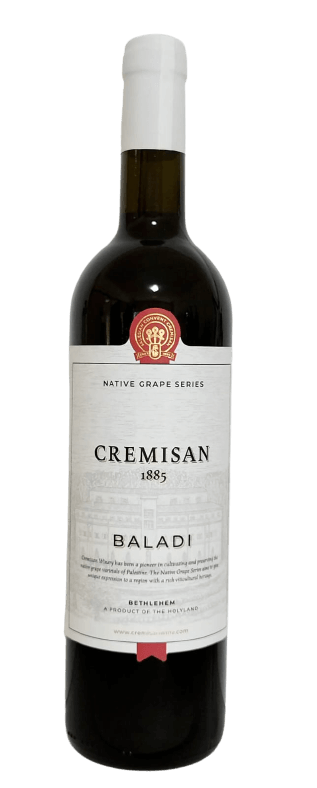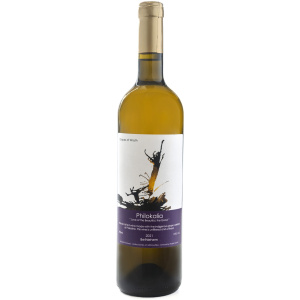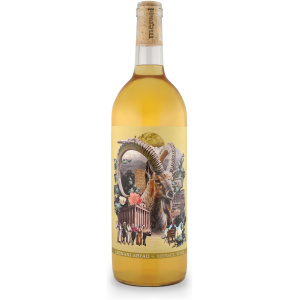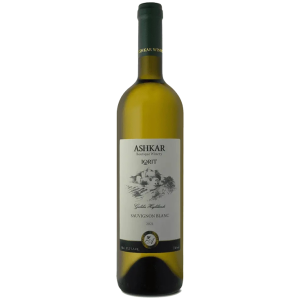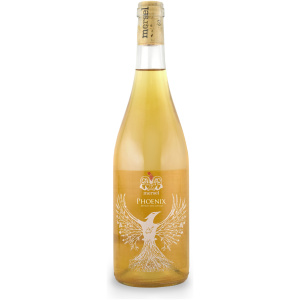Description
Place: Cremisan Valley, Bethlehem, Palestine (800m)
Grapes: 100% Baladai Aswad (black), an indigenous Palestinian varietal characterized by elliptic black berries
Soil: Limestone
Alcohol: 14% abv
Production: 15,000 bottles (750ml)
Grape Yield: 15hL/Ha
Winemaking: Grapes are handpicked at the beginning of September and de-stemmed into stainless tanks. The grapes are fermented with skins and seeds using selected yeasts. The wine is aged in oak barrels for 14 months before being filtered twice and bottled.
Tasting Notes: Stewed raspberry with plum, cranberry, and hints of forest floor on the nose. Plum, blackberry, stewed strawberry, and red apple skins on the palate. Long, dry finish.
Pairings: Lamb Kofta Kebob
Previous Awards: 2012 vintage was awarded 87 points by Wine Spectator

